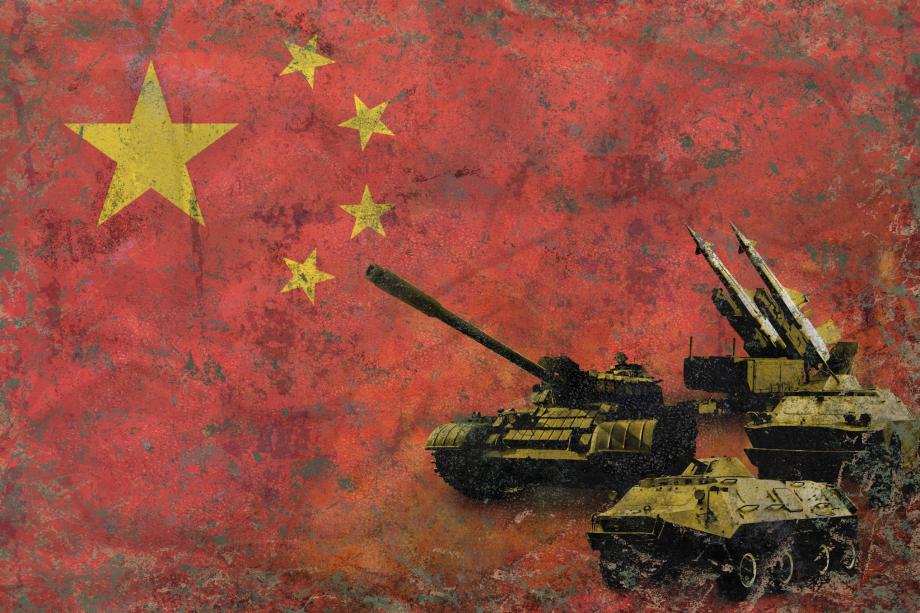In about a hundred words on China considering delivering arms to Russia

As the war in Ukraine enters its second year, American intelligence officials believe that the Chinese government is considering providing lethal aid to Russia to bolster its military efforts. While Beijing has already provided non-lethal support to Moscow, the decision to increase aid to a lethal nature would represent a major turning point that could significantly alter the current conflict dynamics.
As China assess the merits of further supporting Russia, GLOBSEC asks experts from Latvia, Ukraine, and Canada; If the Chinese government decides to provide lethal support to Russia in Ukraine, which policies should Western governments consider in response?
Experts:
Imants Lieģis, Senior Associate Fellow, Latvian Institute of International Affairs; Former Latvian Defence Minister
A decision by China to escalate and prolong Russia’s war against Ukraine by providing lethal aid and supporting the aggressor to kill Ukrainians would necessitate a speedy, severe and united response by Western governments.
Whilst leading US officials have remained tight-lipped about precise responses, sanctions such as cutting China from western supply chains should figure high on the agenda. Trade disruptions should hit China’s economy. Firms and individuals directly involved in supplying war materials should be sanctioned, such as the Chinese drone manufacturer Xi’an Bingo Intelligent Aviation Technology, which is alleged to be negotiating with Russia to produce kamikaze drones.
Western intelligence should closely monitor the supply of dual-purpose goods to establish whether they come into the definition of “lethal weapons”. Belarus’s role as an intermediary should also be watched.
Dr Maria Shagina, Senior Fellow, Diamond-Brown Economic Sanctions, Standards and Strategy, International Institute for Strategic Studies (IISS); GLOBSEC Young Leader 2021
It remains unclear what China would gain by providing Russia with lethal weapons. It would be crossing a red line in the eyes of the Europeans, thus undermining Beijing's attempt to salvage its relationship with the EU. China's actions would bring the EU much closer to the US position, thus forging stronger transatlantic unity. From the US, China would certainly face secondary sanctions, the threat of which has so far acted as a deterrent for Beijing to distance itself from Russia. If China does indeed supply lethal weapons, it will face financial sanctions and export control measures. The G7, led by the US, is currently exploring such possible measures. The key issue is how to calibrate the measures so that they do not hurt the sanctioning countries more. In contrast to the Russian case, the stakes for targeting China are much higher, with Germany and South Korea more reluctant to join in.
Roger Hilton, GLOBSEC Media Presenter and Defence Fellow; NATO 2030 Global Fellow
The West gets one shot to send a serious message to China and can’t afford to miss. As we have learned, weakness invites aggression, so policymakers should look to inflict pain across multiple realms. On one front, sweeping economic sanctions from both the EU and the USA would compound pressure on an already fragile economy with few alternative marketplace options for China to substitute, even in the short and long term. Closer to home, America and select European NATO allies could expedite specific arm deliveries, like anti-ship Harpoon missiles or Man-portable air-defence systems (MANPADS), to Taiwan to heighten a strategic neighbourhood distraction. When taken together, Beijing must understand that if they provide lethal support to Moscow, they will have crossed the policy Rubicon subject to harsh retaliation.